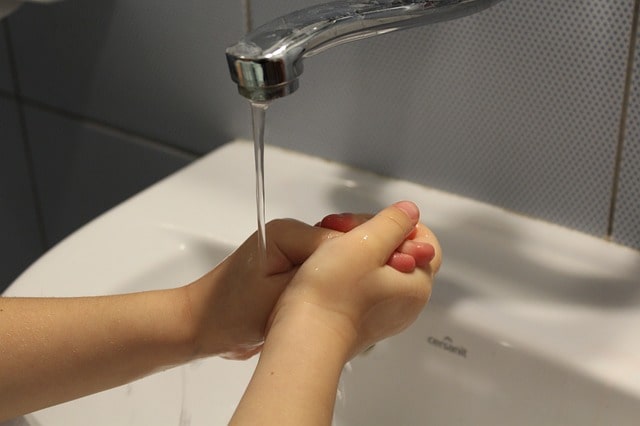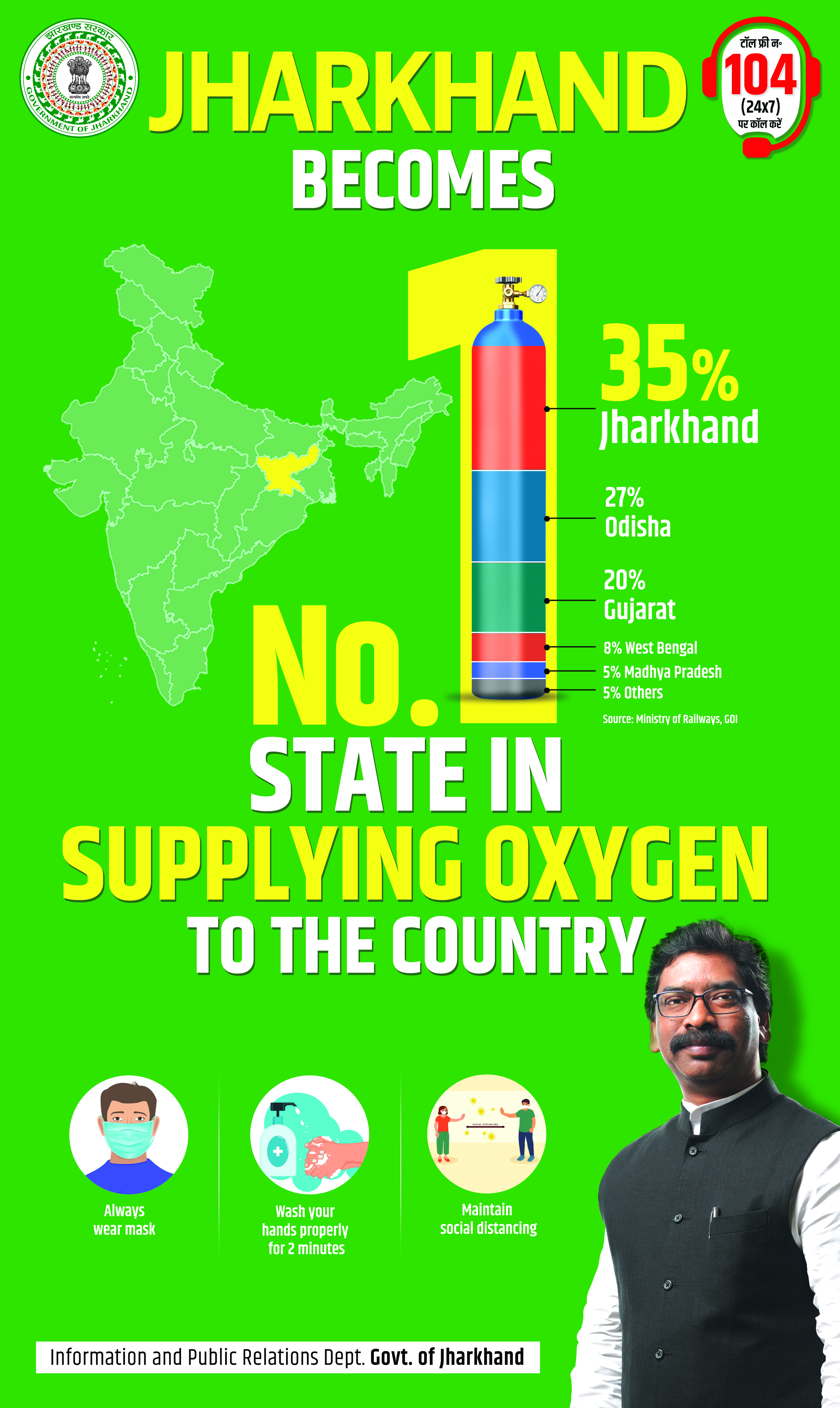
Representational Pic
Global Handwashing day is celebrated every year on 15 October. The theme for 2018 is ‘Clean hands are a recipe for good health’ which is focused on the links between handwashing and food – including food hygiene and nutrition. Handwashing is an important part of keeping food safe, preventing diseases, and helping children grow strong. The tagline, Clean hands – a recipe for health, reminds everyone to make handwashing a part of every meal.
Handwashing with soap is an important part of food hygiene. Other important aspects of food hygiene include keeping utensils and dishes clean, thorough cooking & storage of food, boiling water & milk as required, etc. Up to 70 percent of cases of diarrhea may be associated with poor food hygiene. Food-borne illnesses are a major cause of death in low-income settings, particularly among children under 5 (Adams/WHO 1999).
Contamination of food can lead to a wide range of illnesses and outbreaks, many of which are particularly dangerous for pregnant women, fetuses, and people with compromised immune systems.
Hygiene promotion activities such as handwashing with soap before cooking or preparing food, before eating, and before feeding someone (including breastfeeding) have shown improved food hygiene behaviors and reduced contamination in food. It is important to model or enforce good handwashing behavior for children. When children wash their hands with soap before eating and after toilet use, they reduce their risk of getting diarrhea by more than 40 percent (Lancet 2004). About 3000 children below 5 years die due to diarrhea in Jharkhand (estimated from SRS).
Globally 53% of schools worldwide have handwashing facilities with soap and water and are therefore classified as having basic hygiene services as per the WHO UNICEF Joint Monitoring programme (JMP) Report 2018. In Jharkhand, 35 % schools (13,590) are equipped with hand washing units and 98% schools have separate toilets for boys and girls as per the Unified District Information System for Education (UDISE 2018).
Handwashing with soap is one of the simplest and most effective ways of preventing infection and disease in babies and their mothers, particularly at the time of birth. UNICEF & WHO (2015) data from over 50 countries shows that 35% of hospitals and health centres do not have running water and soap for handwashing and 19% do not have basic toilets. This endangers the lives of the mother and baby, and prevents health care workers from reinforcing healthy hygiene habits.
The Government of Jharkhand has provided handwashing units in all aangwanwdi centres and all government schools across the state through the Swachh Bharat Mission (SBM), District Mineral Foundation Trust (DMFT) and the 14th Finance Commission funds.
Dr. Madhulika Jonathan, Chief of UNICEF Jharkhand says, “ The Jharkhand Livelihood Mission, Department of ………, Swachh Bharat Mission, Department of Drinking Water & Sanitation, Government of Jharkhand and UNICEF have planned to disseminate the messages of the benefits of handwashing with soap through the 1.5 lakh Sakhi Mandal across the state. Self-help groups of the Jharkhand livelihood mission and the Jalsahiyas can play a vital role in increasing awareness about handwashing and food hygiene. Village health and Nutrition days (VHND) and the Swachhta divas in schools and AWCs can be utilized as platforms to spread this message far and wide.”
Ways you can make a difference this Global Handwashing day
